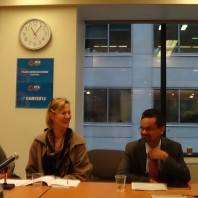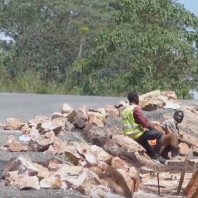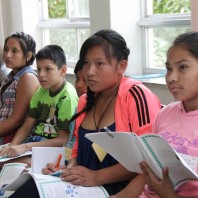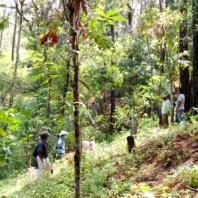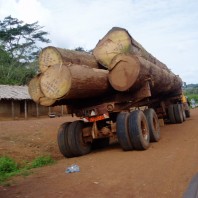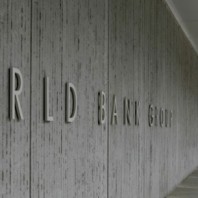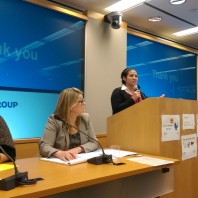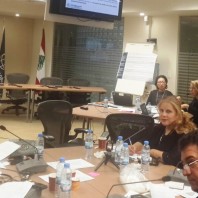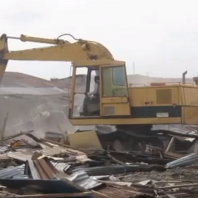This session at the World Bank Annual General Meetings 2016 Civil Society Policy Forum examines development policy financing (DPF) as a tool for scaling-up positive environmental and social impact amidst the global climate crisis. It features case study findings from recent operations that represent challenges to the achievement of World Bank climate and forest commitments …
The Annual General Meetings (AGM)* of the World Bank and IMF do not just serve as an opportunity for central bankers, finance ministers, and private sector executives to discuss the global economy and tout their accomplishments over the last year. The Bank and Fund host dozens of events to discuss global development issues with development …
In light of “multiple failures” by the World Bank in monitoring and supervising the Uganda Transport Sector Development Project, the World Bank Group announced today that they will create a “Global Gender-Based Violence Task Force to advise the institution on best practices for reducing risks to community safety in connection with our development projects.” This …
More than twenty years ago, in response to disastrous effects of its development projects, the World Bank Group (WBG) instituted the first of eight safeguard policies designed to “prevent or mitigate adverse impacts of its projects on people and the environment.” These policies formed the bedrock of a rules-based, “do no harm” approach to development …
Forests are a livelihood source for an estimated 1.6 billion forest dependent peoples, many of whom are indigenous. These forest dependent peoples comprise 90% of the world’s people living in extreme poverty. It is vital that the World Bank’s safeguard policies ensure protections and rights for these communities, at a time when their resources are …
The latest draft of the World Bank’s updated safeguards could allow borrowers to substitute all or parts of their own laws and policies to implement Bank-financed development projects whether or not they provide equivalent risk protection. The goal of increased country ownership of development projects and programs is widely shared, and permitting the use of …
Washington, DC—Trustees of the Calvert Social Investment Fund are considering a ban on purchasing World Bank bonds, in response to proposed changes to the Bank’s Environmental and Social Framework (ESF) that weaken protections for Indigenous Peoples. Since 2012, the Bank has been revising the ESSF, which is intended to identify and minimize harm caused by …
The term ‘tipping point’ has been used to describe the current state of affairs in the past few months on numerous occasions. From climate change to politics, society is being called into action by the fear of reaching a tipping point – a moment of sudden and irreversible change. Even deforestation isn’t exempt from …
Iraqi Civil Society Organizations (CSOs) are actively trying to hold their central and provincial institutions accountable. Like their local counterparts who continue to plan public protests against government corruption, some local CSOs are focusing more of their civic efforts on the development work of the World Bank (WBG or Bank) in Iraq. Five local CSOs from …
Lagos, Nigeria / Phase 3 Safeguards Review Submission On February 22-24th 2016, the World Bank held a consultation on its safeguard policies with representatives of the US government and civil society. The discussion covered important issues in the ongoing review of the Bank’s environmental and social safeguards, including concerns surrounding labor, biodiversity, climate change, vulnerable …

